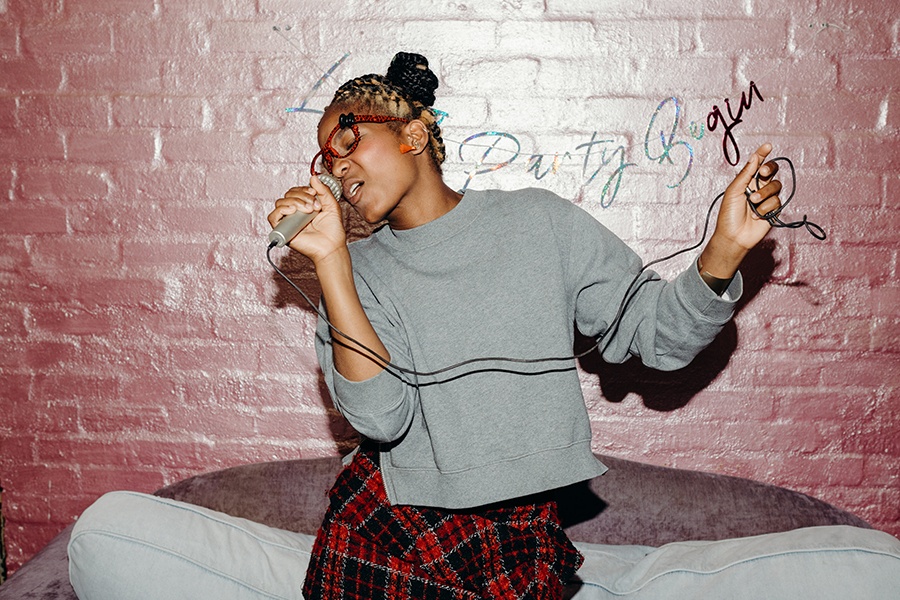How To Save Boston’s Art Scene—Before It’s Too Late
If Boston is to remain the “Athens of America,” our pandemic-assailed cultural institutions need an emergency intervention.

Photo via Hello World/Getty Images
When COVID-19 brought the curtain down on life as we knew it, where did Bostonians turn for comfort? To the arts, of course. We binge-watched heartwarming movies, created playlists of motivating music, and found balm-like humor from content creators on social media.
Yet despite the obvious indispensability of the arts as a form of consolation, catharsis, and human connection in difficult, isolating times, thousands of out-of-work performers and others are struggling to survive now that most live experiences—overwhelmingly, the lifeblood of any arts economy—are suspended until further notice. By midsummer, arts-related Bay State nonprofits had already hemorrhaged $425 million in revenue, according to the Mass Cultural Council, which has been advocating for recovery assistance from Beacon Hill.
“At the end of this, if artists are broken, bankrupt, and leaving Boston in droves, we will have failed socially, culturally, and economically,” Emily Foster Day and Kristi Keefe, co-executive directors of the Boston Center for the Arts, said bluntly in a joint statement to Boston.
When it comes to keeping the arts alive, local leaders have ideas—but no easy solutions. Policymakers must push for comprehensive relief, including extended unemployment benefits for 1099 workers, says Gary Dunning, president of Celebrity Series Boston. New England Conservatory ethnomusicologist Tanya Kalmanovitch, meanwhile, suggests that cultural organizations institute maximum wages for the folks at the top to create a more equitable economy for all artists.
But really, the best way to support the arts is to keep engaging with them, says Brian Kennedy, director and CEO of the Peabody Essex Museum: “This can be as simple as sharing digital content, planning a visit, or becoming a member to help sustain your favorite arts organizations in uncertain times.” Say it again, for the people in back.

